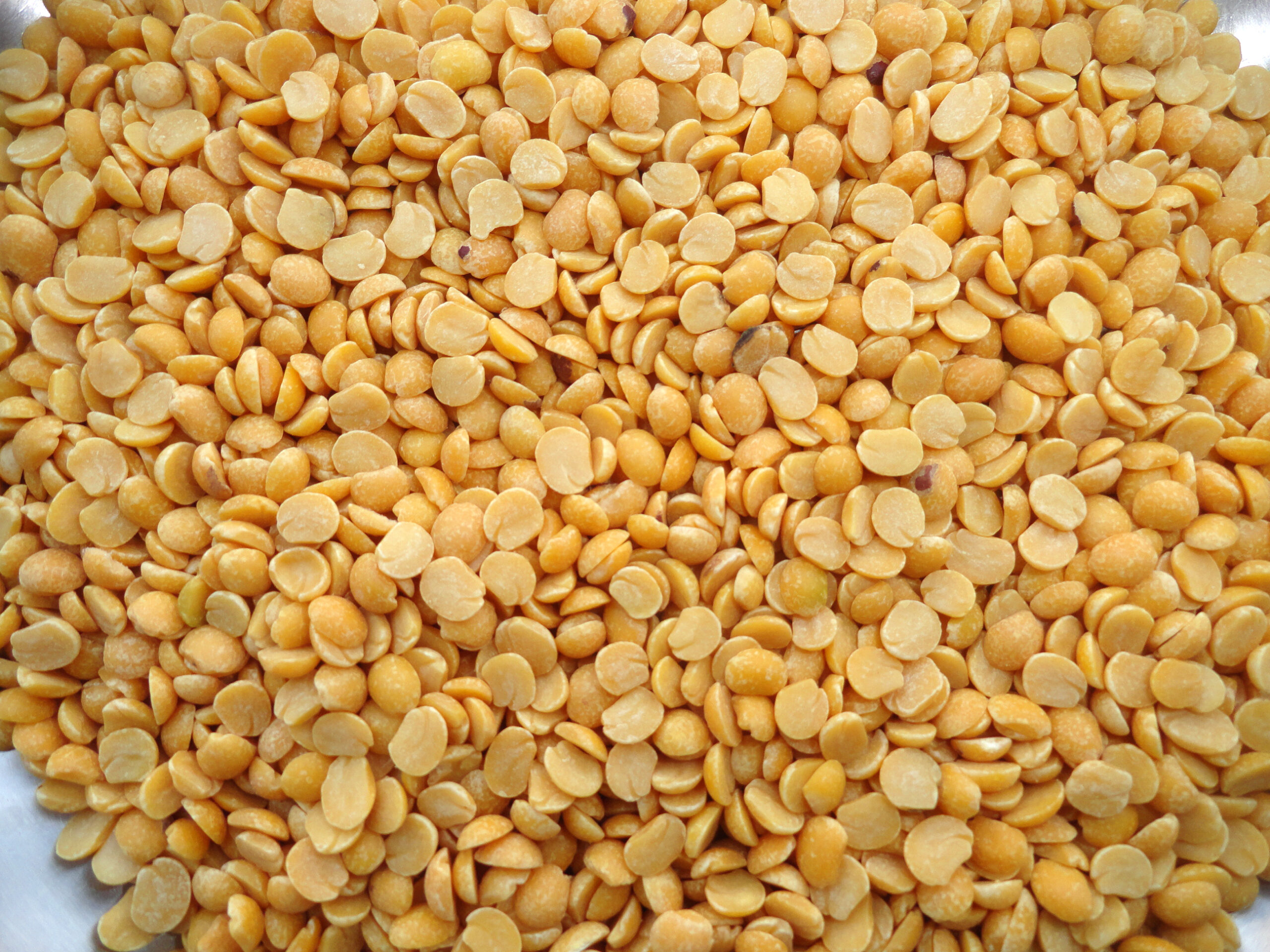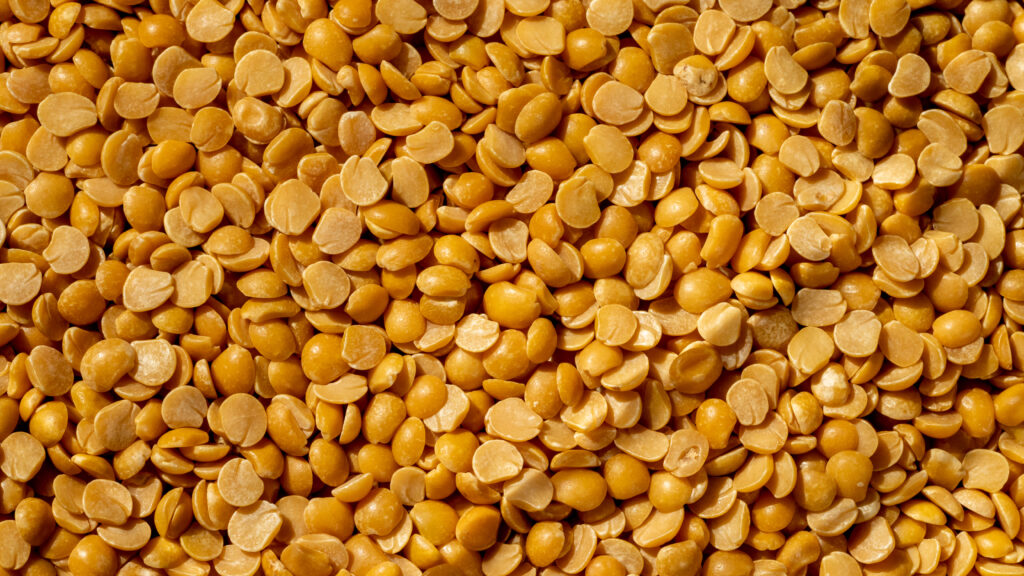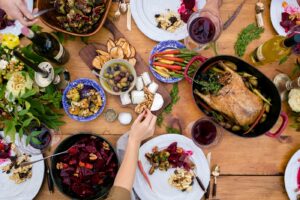How to Cook Pigeon Peas – Pigeon peas, also known as Cajanus cajan, are a versatile and nutritious legume commonly used in various cuisines around the world. Whether you’re looking to whip up a hearty curry, a comforting soup, or a flavorful rice dish, pigeon peas can be your go-to ingredient. In this article, we’ll explore everything you need to know about cooking pigeon peas, from preparation to serving suggestions.
Introduction to Pigeon Peas
Pigeon peas are a type of legume native to Asia and Africa but are now cultivated in many tropical and subtropical regions. They are a rich source of protein, dietary fiber, and essential nutrients, making them a staple in vegetarian and vegan diets. Pigeon peas are commonly used in Indian, Caribbean, Latin American, and African cuisines, where they add depth and flavor to various dishes.
Health Benefits of Pigeon Peas
Pigeon peas are packed with nutrients like vitamins, minerals, and antioxidants. They are an excellent source of plant-based protein, making them a great option for vegetarians and vegans. Additionally, pigeon peas are rich in dietary fiber, which promotes digestive health and helps regulate blood sugar levels. They also contain folate, iron, potassium, and magnesium, which are essential for overall health and well-being.
Shopping for Pigeon Peas
When shopping for pigeon peas, you can find them in both dried and canned forms. Dried pigeon peas are more commonly available and can be found in the legume or international aisle of most grocery stores. Look for dried pigeon peas that are whole, uniform in size, and free from any signs of moisture or mold. If opting for canned pigeon peas, choose varieties with no added salt or preservatives for the healthiest option.
Preparation and Soaking
Before cooking pigeon peas, it’s important to rinse them thoroughly under cold water to remove any dirt or debris. Then, soak the dried pigeon peas in water for at least 4-6 hours or overnight. Soaking helps soften the peas and reduces cooking time. For a quick soak method, you can also bring the peas to a boil for 2-3 minutes, then let them sit off the heat for an hour before cooking.
Cooking Methods
There are several methods for cooking pigeon peas, including boiling, pressure cooking, and using an Instant Pot or slow cooker. To boil pigeon peas, simply place them in a pot with enough water to cover them, bring to a boil, then reduce the heat and simmer until tender, about 45-60 minutes. For pressure cooking, follow the manufacturer’s instructions for timing and pressure levels. Similarly, you can use an Instant Pot or slow cooker for convenient hands-off cooking.
Flavoring and Seasoning
Pigeon peas have a mild, nutty flavor that pairs well with a variety of seasonings and spices. For a basic seasoning, you can add salt, pepper, and garlic powder to enhance the natural taste of the peas. To elevate the flavor, experiment with spices like cumin, coriander, turmeric, and garam masala for Indian-inspired dishes, or thyme, oregano, and bay leaves for a Caribbean twist.
Recipes Using Pigeon Peas
Pigeon peas are incredibly versatile and can be used in a wide range of recipes. One popular dish is pigeon peas curry, where cooked peas are simmered in a fragrant sauce made with tomatoes, onions, ginger, garlic, and spices. Another favorite is pigeon peas rice, where cooked peas are mixed with rice, vegetables, and seasonings for a hearty one-pot meal. Additionally, pigeon peas can be used to make delicious soups, stews, and salads for a nutritious and satisfying meal.
Variations and Regional Dishes
Throughout the world, pigeon peas are used in various regional dishes that highlight their unique flavors and textures. In India, pigeon peas are commonly used in dal, a thick stew made with lentils, spices, and aromatics. In the Caribbean, pigeon peas are often paired with rice and coconut milk to make a flavorful and comforting dish known as rice and peas. In Latin America, pigeon peas are used in soups, empanadas, and savory pies for a delicious and filling meal.
Tips and Tricks
When cooking pigeon peas, there are a few tips and tricks to keep in mind to ensure the best results. First, be sure to soak the peas before cooking to soften them and reduce cooking time. Additionally, adding a pinch of baking soda to the soaking water can help further soften the peas. When seasoning, taste as you go and adjust the flavors to your preference. Finally, don’t be afraid to get creative and experiment with different ingredients and flavor combinations to create unique and delicious dishes.
Serving Suggestions
Pigeon peas dishes can be served in a variety of ways, depending on personal preference and cultural traditions. They can be enjoyed on their own as a flavorful side dish or paired with rice, quinoa, or couscous for a complete meal. Pigeon peas curry can be served with naan or roti or alongside steamed vegetables for a wholesome dinner. Pigeon peas rice pairs well with grilled meats or tofu for added protein, or it can be enjoyed on its own for a satisfying vegetarian meal. Soups and stews made with pigeon peas are perfect for chilly days and can be served with crusty bread or cornbread for a comforting meal.
Storage and Shelf Life
To store cooked pigeon peas, allow them to cool completely, then transfer them to an airtight container and refrigerate for up to 3-4 days. Cooked pigeon peas can also be frozen for longer-term storage. Simply place them in a freezer-safe container or bag, label with the date, and freeze for up to 3 months. Dried pigeon peas should be stored in a cool, dry place away from moisture and direct sunlight. When stored properly, dried pigeon peas can last for up to 1 year.
Cultural Significance
Pigeon peas hold cultural significance in many regions around the world. In India, pigeon peas are used in various religious ceremonies and festivals, symbolizing prosperity and good fortune. In the Caribbean, pigeon peas are a staple ingredient in traditional dishes served during holidays and celebrations. In Africa, pigeon peas are often used in rituals and celebrations, representing abundance and fertility. Whether enjoyed in everyday meals or special occasions, pigeon peas are deeply ingrained in the culinary traditions and cultural heritage of many communities.
Environmental Impact
Pigeon peas are not only nutritious and delicious but also environmentally friendly. As a nitrogen-fixing legume, pigeon peas improve soil fertility and reduce the need for synthetic fertilizers. They also require less water and are more drought-tolerant compared to other crops, making them a sustainable choice for farmers in arid regions. Additionally, pigeon pea cultivation helps promote biodiversity and ecosystem health by providing habitat for beneficial insects and wildlife. By incorporating pigeon peas into our diets, we can support sustainable agriculture practices and contribute to a healthier planet.
Conclusion
In conclusion, cooking pigeon peas is a delightful culinary adventure that offers a plethora of flavors, textures, and health benefits. Whether you’re a seasoned chef or a novice cook, incorporating pigeon peas into your meals can add variety, nutrition, and cultural richness to your dining experience. From comforting soups to savory curries, the possibilities are endless when it comes to cooking with pigeon peas.
FAQs about Cooking Pigeon Peas
- Can I cook pigeon peas without soaking them first?
- While soaking pigeon peas helps reduce cooking time and improve texture, you can still cook them without soaking, but it will take longer.
- What can I substitute for pigeon peas in recipes?
- If you can’t find pigeon peas, you can substitute other legumes like lentils, black-eyed peas, or chickpeas, though the flavor and texture may vary slightly.
- Are pigeon peas gluten-free?
- Yes, pigeon peas are naturally gluten-free, making them suitable for individuals with gluten sensitivities or celiac disease.
- Can I use canned pigeon peas instead of dried ones?
- Yes, canned pigeon peas are a convenient alternative to dried ones and can be used in recipes with minimal preparation.
- Are there any health risks associated with eating pigeon peas?
- Pigeon peas are generally safe to eat and offer numerous health benefits. However, individuals with certain allergies or sensitivities should consult with a healthcare professional before consuming them.





